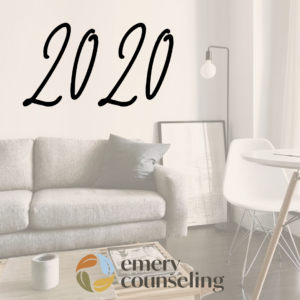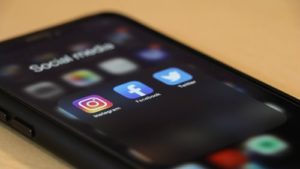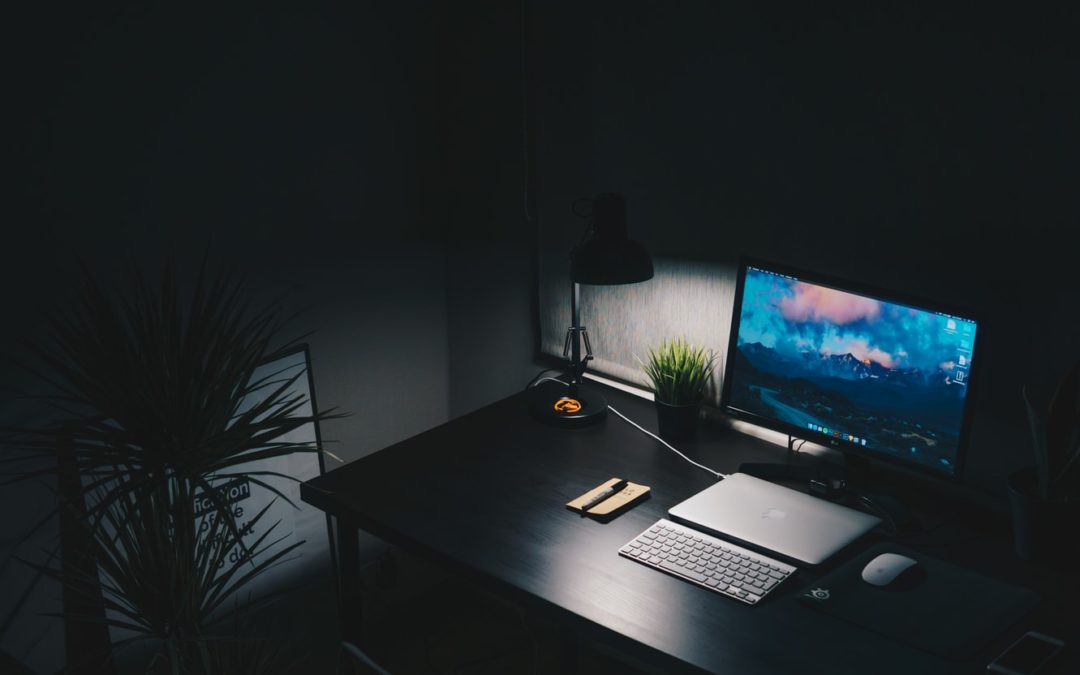This year has had so many crazy twists and turns for us all. There is so much is going on in our world and most of us have felt angry, frustrated, scared, helpless, and lonely. From politics, the pandemic and protests, both sides of the fence are understandably frustrated and upset. Social media has become a platform where all these frustrations and anger come to a head. Social media has becoming a place where ideas, opinions and strong emotions clash.
 Social Media was created for us to stay connected. Some amazing things have come from social media, from finding long lost friends to updating distant family members on your life, family and photos.
Social Media was created for us to stay connected. Some amazing things have come from social media, from finding long lost friends to updating distant family members on your life, family and photos.
More recently, it has morphed into something more.
There have been many studies completed showing the link between an increase in social media use and an increase in anxiety symptoms, (Bonnette, et al. 2019). The overuse of social media leads to comparison to others, angst over someone blocking/unfriending them, or getting stressed about the arguments in the comments.
Anxiety is very common in today’s world. Symptoms of anxiety include feeling restless or tense, feelings of impending danger, increased heart rate or shortness of breath, sweating or shaking, trouble sleeping or focusing, catastrophizing and going to the worst possible outcome, and avoidance. Avoidance can manifest in many ways in individuals. One of the ways people with anxiety avoid is by using more social media.
The goal of emotion is to move. Whether you are dealing with sadness, anger, grief or anxiety they are trying to find a way out. When we don’t allow these emotions to move out of us, they can get stuck. When they get stuck it can cause physical symptoms like illness, pain, headaches or gastrointestinal issues. Sometimes we feel the need to post on social media to release these emotions. Often, after the comments or disagreements it ends up increasing the negative emotions we are trying to release.
 Tips for Mindful Social Media Use:
Tips for Mindful Social Media Use:
Defining a Purpose: Why do I use social media? In what ways do social media serve me? In what ways is social media not serving me?
Limiting Social Media: After defining your purpose for social media use, try to limit your use to serve just that purpose. Be mindful if you start to get angry or aggravated and put the phone down! Go for a walk, call a friend, listen to music, clean something, cook, create something or take a breath.
Mindful Posting: What is the purpose of this post? Is it kind? How will this serve me? What do I hope to achieve through this post? Will this aggravate other people? If so, am I ready to hear what they are going to say? Sometimes not posting something to protect your own mental health is more important that trying to prove a point.
Bonnette A, Robinson A, Dailey S, et al. (2019). Upward social comparisons and posting under the influence: Investigating social media behaviors of US adults with generalized anxiety disorder. Spotlight on Research, pp. 1-25.


